5 trends set to shape computing in 2015
From Windows 10 to 4K monitors and biometric security
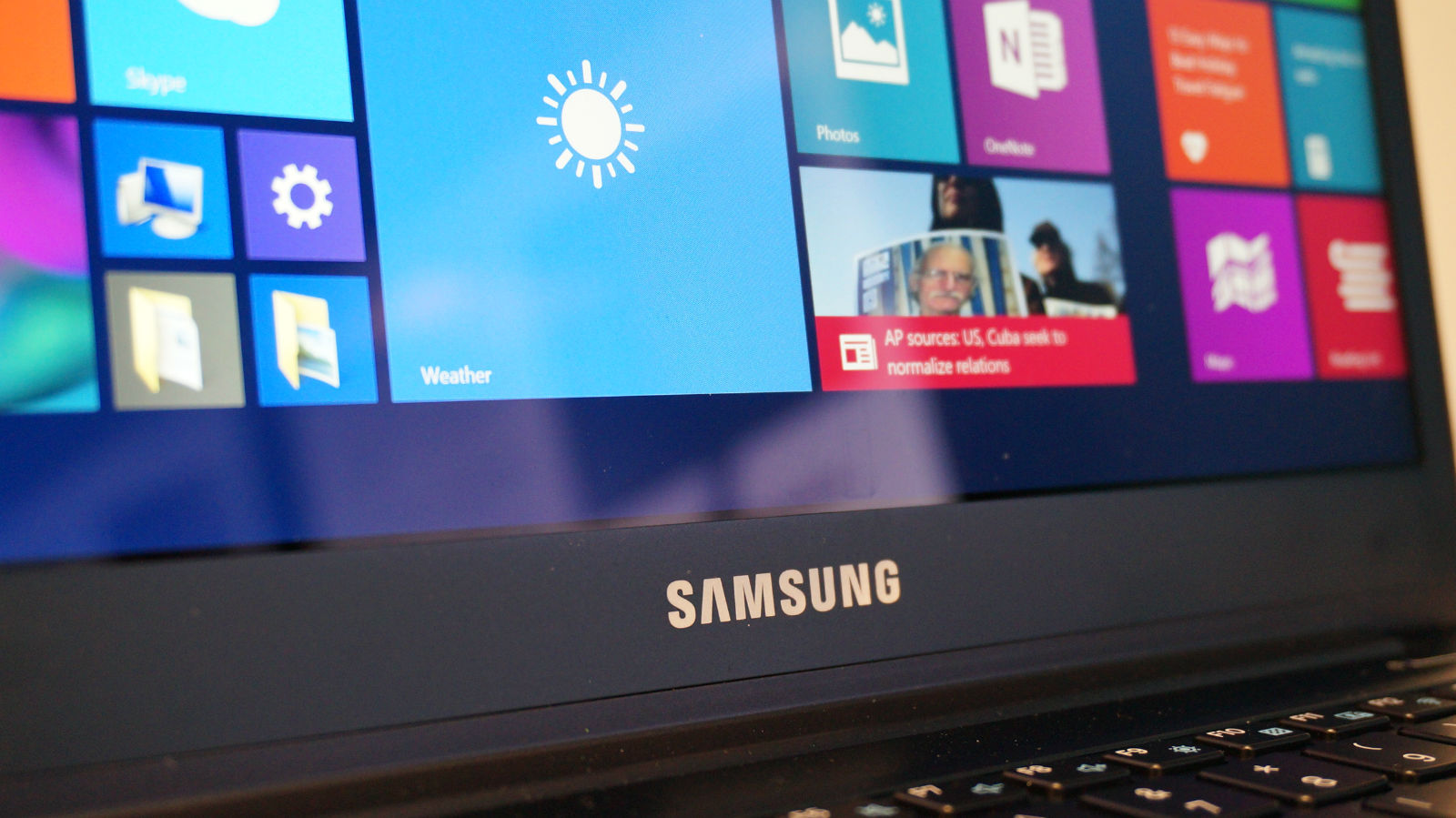
2014 was an evolutionary, rather than revolutionary year for computing, laying the foundations for what will emerge in the next 12 months. As such, while some of our predictions for 2015 may come as less of a surprise than a pair of socks on Christmas Day, they promise to be some of the most exciting developments on the tech horizon - even if they won't warm your toes.
From affordable laptops and Chromebooks to new operating systems, major component releases and biometric security, here are a few of the developments we predict with change the computing landscape in 2015.
Thinner, lighter laptops with Intel Broadwell CPUs hit the catwalk
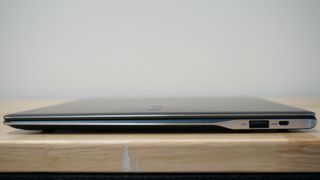
Intel's fourth-generation Haswell processor was all about low power consumption, which is a theme continued by its fifth-generation Core M (also known as Broadwell-Y) chips. Core M will also allow laptop makers to introduce fanless models featuring super-slim-and-light designs, and Samsung's 12.2-inch Ativ Book 9 Ultrabook, which is set to make an appearance at CES 2015, is one of the first.
In addition to being fanless and wafer-thin measuring 10.2mm along its thickest edge, Samsung claims that the Ativ Book 9's battery can go up to 10 hours on moderate brightness on a single charge. It's expected that the machine will be joined by many similarly svelte Windows laptops through the year, and rumour has it that Apple will take to the fight with a Retina MacBook Air, which is expected to arrive with an all-new chassis.
It's not known whether Apple will use Intel's Core M or its 14nm Broadwell U chip, which is being launched at CES 2015. Broadwell U can offer similar advantages to Core M while providing greater processing power comparable to Intel's Core i3, i5 and i7 chips.
Windows 10 will try to make you forget about Windows 8
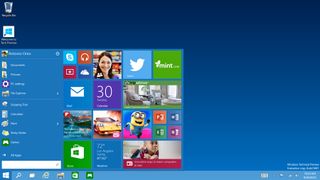
Windows 10 is the most anticipated operating system of 2015 by some stretch, which is something of a double-edged sword for Microsoft. On the one hand, there's a buzz around it because Windows 8 has been considered a flop, and users looking to upgrade from an older operating system may be tempted to give it a try.
However, it's still unclear whether Microsoft will charge for it in the same way as previous versions or move to a subscription-based model, and questions remain around whether Windows 10 will handle touch input in the same ham-fisted manner as Windows 8.
Get the best Black Friday deals direct to your inbox, plus news, reviews, and more.
Sign up to be the first to know about unmissable Black Friday deals on top tech, plus get all your favorite TechRadar content.
Microsoft will be looking to clear up any confusion at its Redmond Campus event on January 21, when the company is expected to spill the beans on Windows 10's consumer-focused features. With the popularity of Android tablets, Chromebooks and smartphones rising in recent years, there's added pressure on Windows 10 to revive the flagging PC market, meaning Microsoft will have to pull out all of the stops in 2015.
4K monitors will go mainstream, gamers get that synching feeling
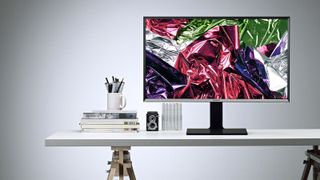
The price of 4K monitors dropped toward the end of 2014, and 2015 will continue to see them decline further. You probably won't be able to pick one up for the price of a 22-inch 1080p panel just yet, but it's likely that they will fall below £300 (around $459, or AUS$703) for the first time.
2015 should also be the year that finally sees 4K and other monitors graduate to HDMI 2.0 connectivity, allowing them to be used at refresh rate of 60Hz. The year is also expected to usher in a new breed of frame-synching monitors that use AMD FreeSync or Nvidia GSync technology to smoothen the gameplay experience and make it feel more life-like.
You should be able to cop an eye full of a few of them at CES 2015 - including LG's 34UM67 and Acer's XB270HU. The latter is a particularly interesting beast that features GSync, a super fast 144Hz refresh rate and an IPS panel - a rare combination.
Chromebooks continue to get people Chrome-hooked, affordable PCs come good
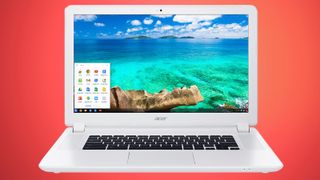
Google's Chrome OS-powered laptops were initially not seen as much of a threat to traditional PCs due to their reliance on the internet and comparatively limited functionality. However, Chromebooks have steadily made traction in education and business, and affordable models like Acer's C720 have only boosted their popularity among consumers.
What's more, new models like the Acer Chromebook 15, the first 15-inch Chromebook to hit the market which is being debuted at CES 2015, prove that there's still plenty of scope for Chromebook makers to take the cloud-powered laptop into new directions in 2015.
And they may have to do just that, as the end of 2014 saw the launch of HP's affordable Stream laptops - potential Chromebook killers running Windows 8.1 that come with one year's worth of Microsoft's Office 365 Personal productivity suite. There's no turning back now that higher quality affordable PCs are hitting the shelves, and with the battle now being fought both in hardware and the cloud, 2015 will be all about offering value for money.
Biometric sensors lend laptops the human touch
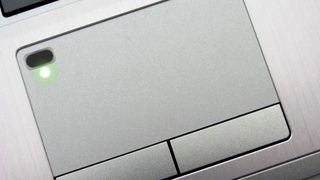
While the trend hasn't received as much attention as the others on our list, biometric technology could change the way you log your laptop and pay for goods online in a big way in 2015.
Intel is backing a number of initiatives based around upping PC security using biometrics, including a concept called YAP - an acronym for "you are the password" - which means that you can authenticate using your fingerprint, voice or face recognition.
In December, US-based Synaptics unveiled a solution called SecurePad that allows a fingerprint scanner to be embedded into an laptop's touchpad. Based on an authentication standard called Fido, SecurePad claims that its solution makes it more affordable to bake the scanner into the machine, than if it was placed outside of the touchpad, making a cheaper and more viable way for laptop makers to include biometric authentication into laptops.
Most Popular


